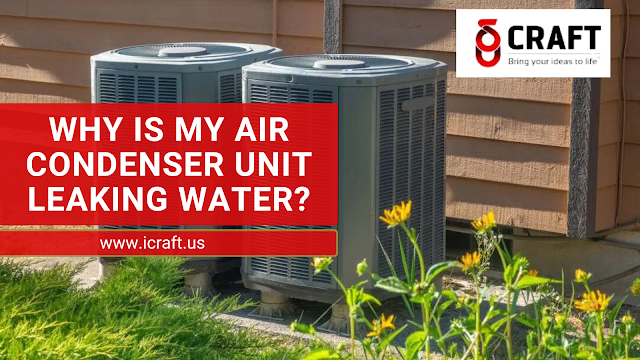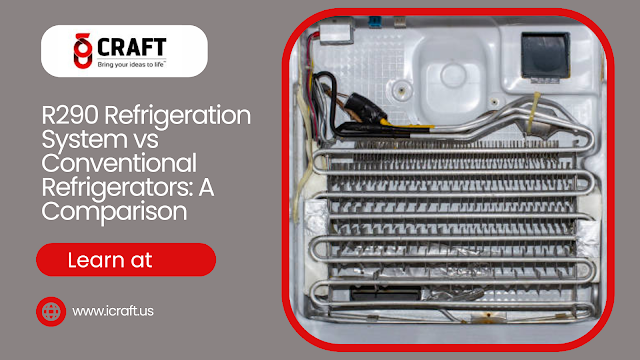Why is My Air Condenser Unit Leaking Water?

A leaking AC can damage the walls, and the internal electric circuit and even cause temperature fluctuations at different times of the day. Fortunately, it is often easy to detect a leak and even schedule repairs, many of which are remarkably affordable. Want to know the common causes of an AC leak? Keep reading! Common Causes Of Water Leakage in Condensing Units Air Condensing systems are pretty reliable and durable. However, sometimes they trouble us with functional problems like leaking water due to these 4 common causes. Drainage Clogging This is hands down the most common reason behind an AC that is leaking water. When the drain is clogged, water from the Drain Pan overflows into other parts of the system and starts falling from any open slit on the hardware. A clogged drainage is usually caused by large particles of dust, debris and even algae. The best way to remove this at home is to suck out the drain pipe using a wet vacuum. A dry vacuum also works but you need to be more car

.png)